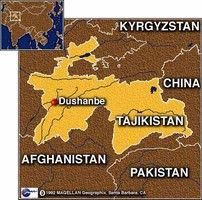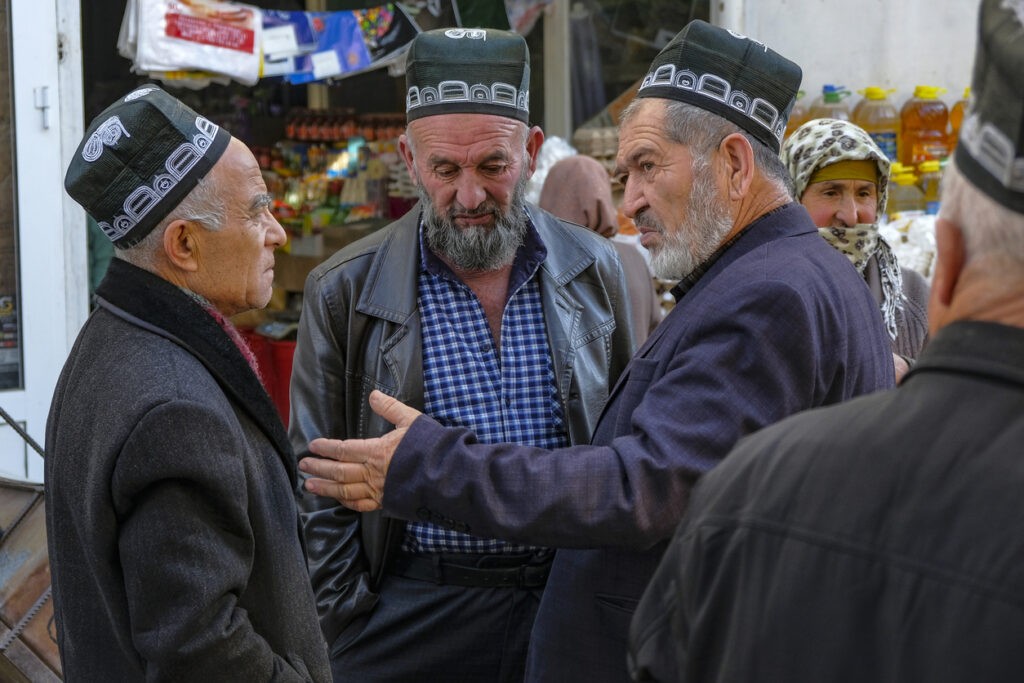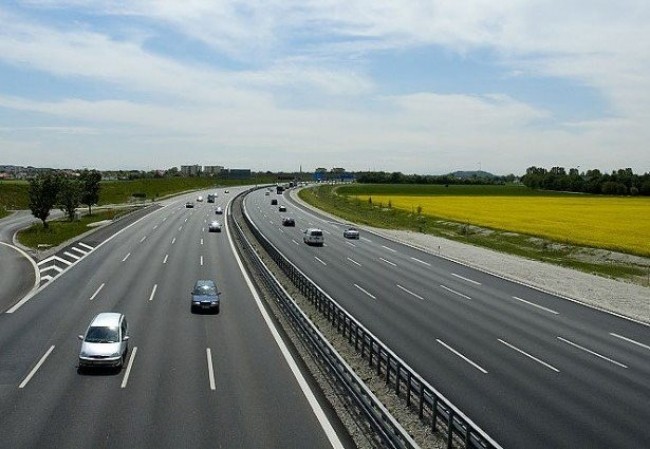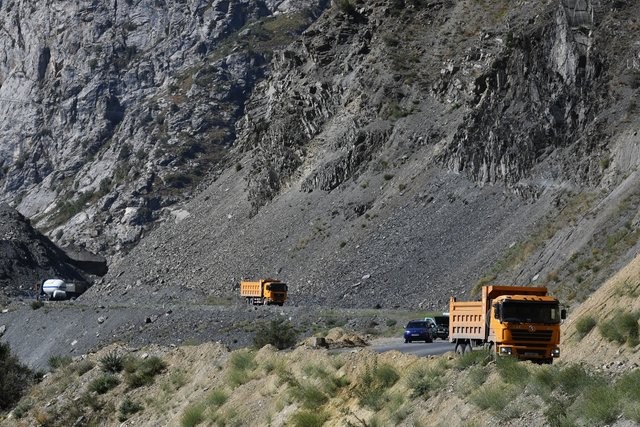DUSHANBE (TCA) — As more than 1.3 million people worldwide are killed in traffic accidents each year (with 90% of them in low-income countries such as Tajikistan), the European Bank for Reconstruction and Development (EBRD), together with the Eastern Alliance for Safe and Sustainable Transport (EASST) and the Young Generation of Tajikistan (YGT), is running a road safety media and public awareness campaign in Tajikistan’s capital Dushanbe to promote the use of seat belts and highlight the benefits of eco-driving, the EBRD press office reported on December 14.
Passengers are twice as likely to die in a crash if they are not wearing a seat belt. But the use of seat belts in the Tajik capital, Dushanbe, is rare. Research carried out by the EBRD and its road safety partners revealed that fewer than one in eight drivers or passengers there actually wear them. Nearly two thirds of vehicles have seat belts that either do not work or cannot be reached by passengers.
As part of the campaign, posters, leaflets and billboards now inundate the city’s streets, illustrating the benefits of wearing a seat belt as well as saving fuel and protecting the environment through eco-driving.
Striking video messages are now playing on Tajik television as part of the campaign, showing the fatal consequences of not wearing a seat belt even on short journeys and at low speeds.
The campaign also stresses the benefits of eco-driving, rare amongst the city’s commuters.
Through colourful video animations, it explains that more efficient driving not only leads to lower carbon emissions and accident rates but also decreases fuel consumption – protecting the environment and cutting costs for motorists.
Creating a memorable road safety campaign is only half the battle. Education, solid stringent legislation and police enforcement are also key.
The project will see road safety education delivered to hundreds of school pupils to help improve their safety as pedestrians and will see the development of a ‘Youth Road Inspectors’ programme.
Local transport companies are already providing training on eco-driving skills and hosting awareness seminars, attracting an impressive turnout.
The country’s traffic police is also committed to the initiative and announced that new sanctions and enforcement regimes are being introduced for non-use of seat belts.
Final results will be assessed at the end of the campaign in 2018 to determine whether attitudes to seat belts and wearing rates have changed. But the transformation is already underway.
Over 50 key stakeholders attended the media campaign launch last month including the Deputy Mayor of Dushanbe, Mr Qurbon Saidzoda, and the Deputy Head of the Republican Traffic Police Mr Abdusattor Kholov.
Jamshed Rahmonberdiev of the EBRD Resident Office in Tajikistan welcomed participants and spoke of the Bank’s strong commitment to reducing road casualties in the region.
He emphasised that road safety is mandatory in all Bank investment projects.
“Tajikistan has a very fast growing motorisation rate. 80% increase in CO2 emissions from transport is projected by 2030 if nothing is done,” he said.
“EBRD investments are helping close the infrastructure gap and make sure that road projects are green and safe at the same time. As this technical cooperation project demonstrates, working jointly with public authorities and civil society is an effective means to achieve this goal.”
The public awareness campaign is being organised in close collaboration with the local authorities and civil society partners in Dushanbe dedicated to the ‘Year of Youth’ in Tajikistan.
The EBRD is supporting the road safety and eco-drive project in Tajikistan as part of its overall commitment to safe and sustainable transport in alignment with the UN “Decade of Action for Road Safety 2011-2020”, and in collaboration with the ADB (Asian Development Bank) and the Central Asia Regional Economic Cooperation Programme (CAREC).









